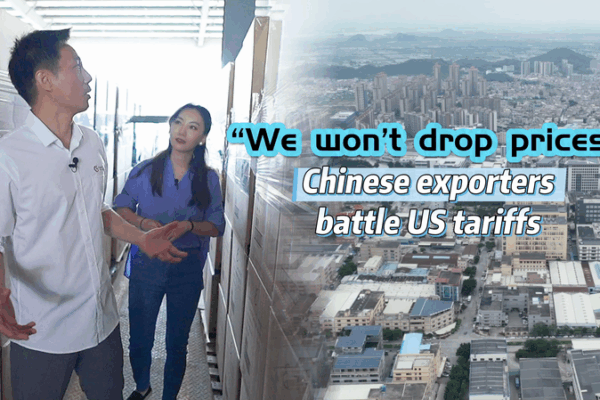
Chinese Exporters Stand Firm Against U.S. Tariffs, Seek New Strategies
Chinese home appliance exporters resist price cuts amid U.S. tariffs, as Zhongshan manufacturers adapt strategies and buyers secure orders during negotiations.
News & Insights Across Asia

Chinese home appliance exporters resist price cuts amid U.S. tariffs, as Zhongshan manufacturers adapt strategies and buyers secure orders during negotiations.
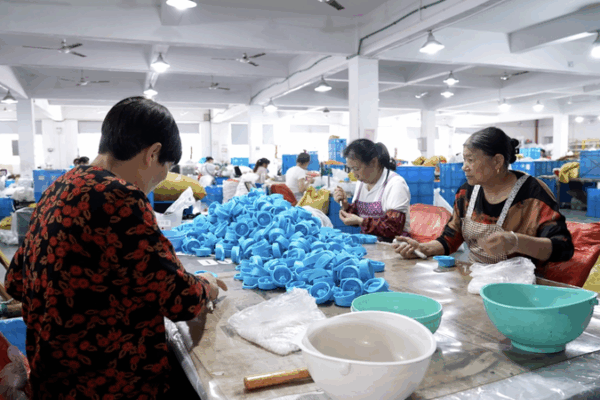
U.S. toy importers welcome temporary tariff reductions on Chinese goods, offering crucial relief ahead of the holiday season’s peak demand.
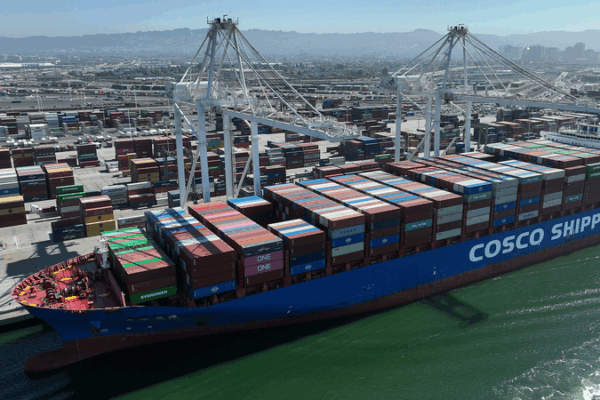
China and the U.S. agree to roll back most tariffs, signaling eased trade tensions and plans for broader economic discussions.

A Virginia logger’s struggle highlights how U.S. tariffs continue to strain small businesses, raising concerns for global trade networks.
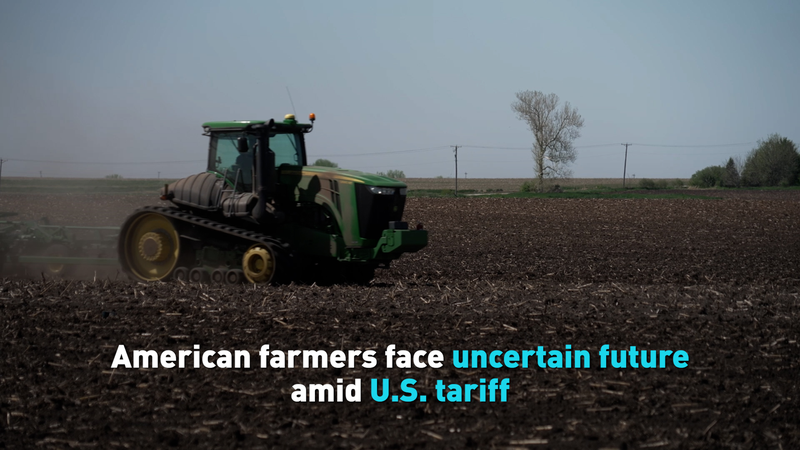
American farmers face economic uncertainty as U.S. tariffs and ongoing trade disputes disrupt global markets, threatening agricultural livelihoods.
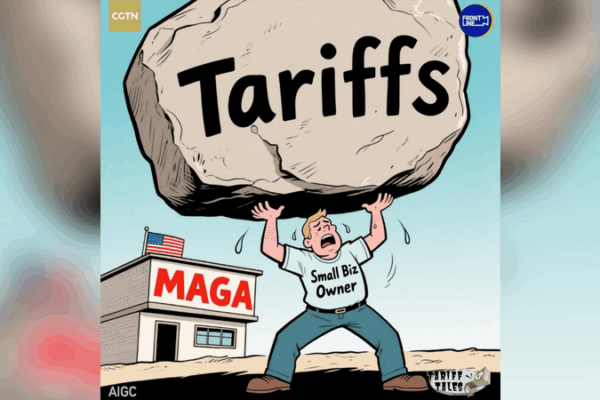
A CNBC survey reveals 66% of US small businesses feel tariff impacts, with 70% predicting recession risks and 51% bracing for future trade policy challenges.
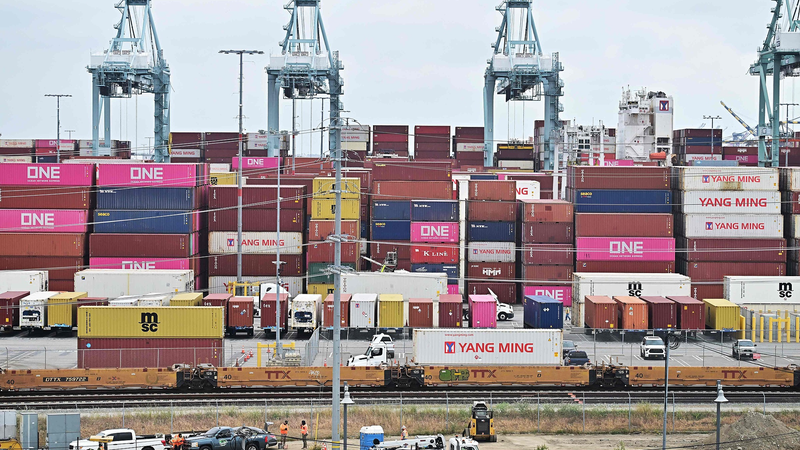
LA Port cargo volumes drop 35% amid US tariffs on Chinese goods, threatening jobs and raising consumer price concerns nationwide.
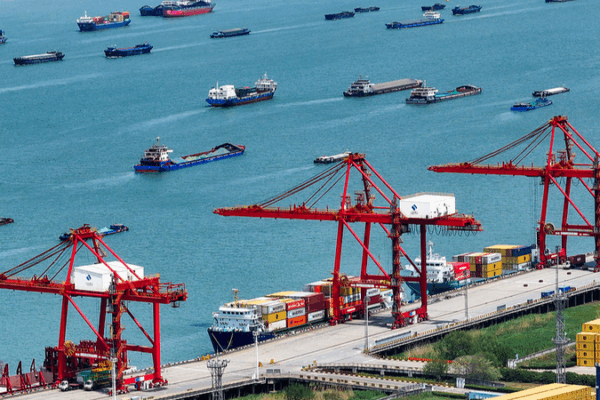
China announces US-requested trade dialogue in Switzerland, vows to protect interests while engaging in tariff discussions under WTO framework.
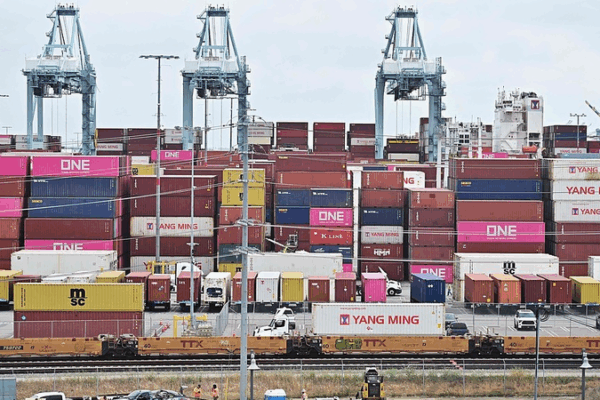
US and Chinese officials to hold urgent economic talks in Switzerland as tariff tensions rattle global markets and investor confidence.
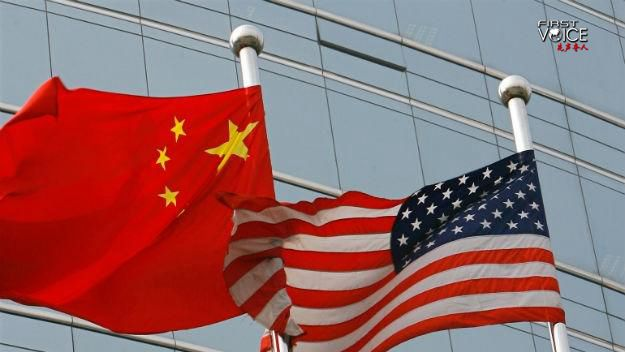
China and the U.S. prepare for high-stakes economic talks in Switzerland amid global calls for trade stability and growth recovery.

Japanese minister warns US tariffs cost automakers up to $1 million hourly, urges policy review.

U.S. ends duty-free imports from China and Hong Kong, triggering price surges, supply chain disruptions, and customs bottlenecks across global markets.

As U.S. tariffs escalate, China champions multilateral trade frameworks and infrastructure development to ensure equitable global growth. Analysis by CGTN commentator.
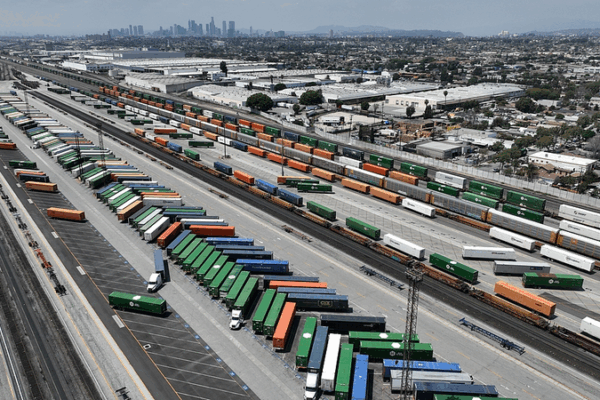
Growing opposition challenges Trump’s tariffs as critics warn of economic fallout and recession risks. Harris, Yellen, states, and businesses push back against trade policies.

Apple faces $900M in Q3 tariffs as it shifts iPhone production to India, while China sales decline sparks investor concerns.
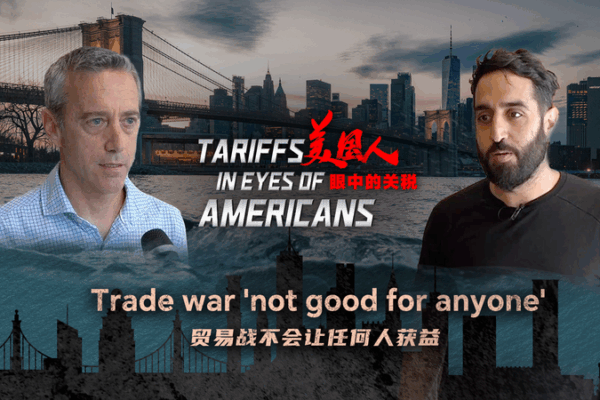
U.S. importers and consumers face rising costs as duty-free exemptions for Chinese mainland and Hong Kong goods expire, escalating trade policy impacts.

The U.S. Chamber of Commerce warns tariffs risk “irreparable harm” to small businesses and urges immediate relief measures to prevent economic downturn.

US consumer confidence drops to 4-year low as tariff fears spark concerns over rising living costs and global trade disruptions.

A historical comparison between Trump’s tariff policies and medieval Venice reveals contrasting approaches to trade strategy, offering insights for today’s global economy.

Escalating U.S.-China tariff measures threaten global supply chains and economic stability, signaling a prolonged trade standoff with Asia-wide impacts.